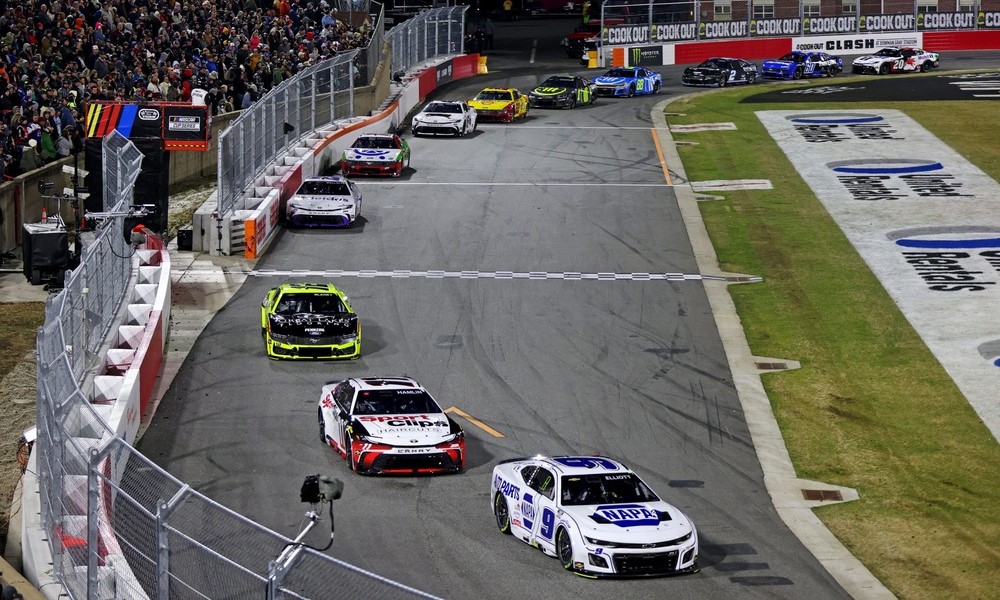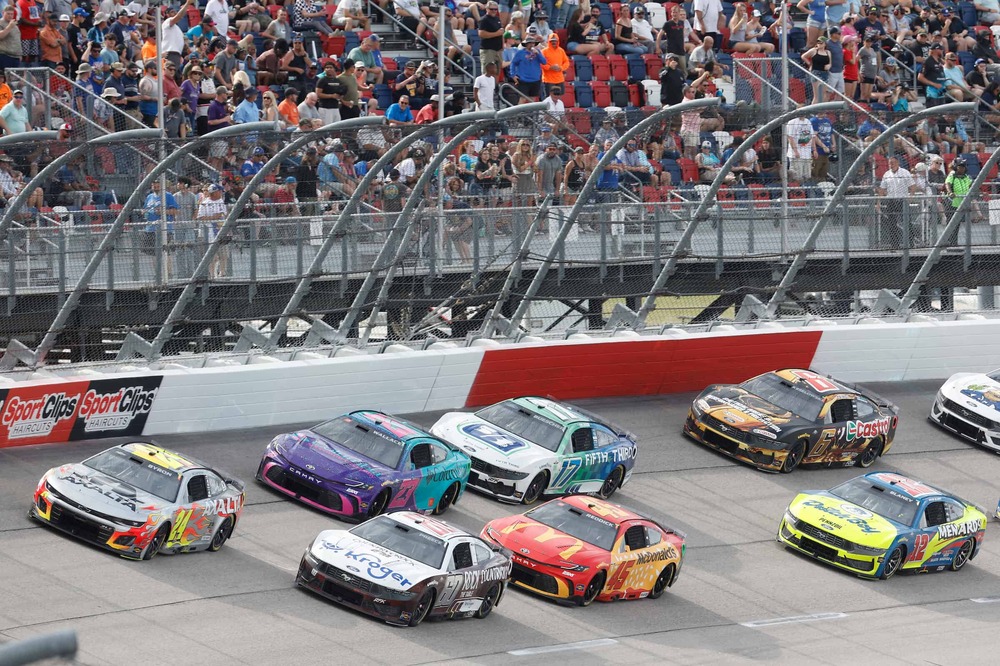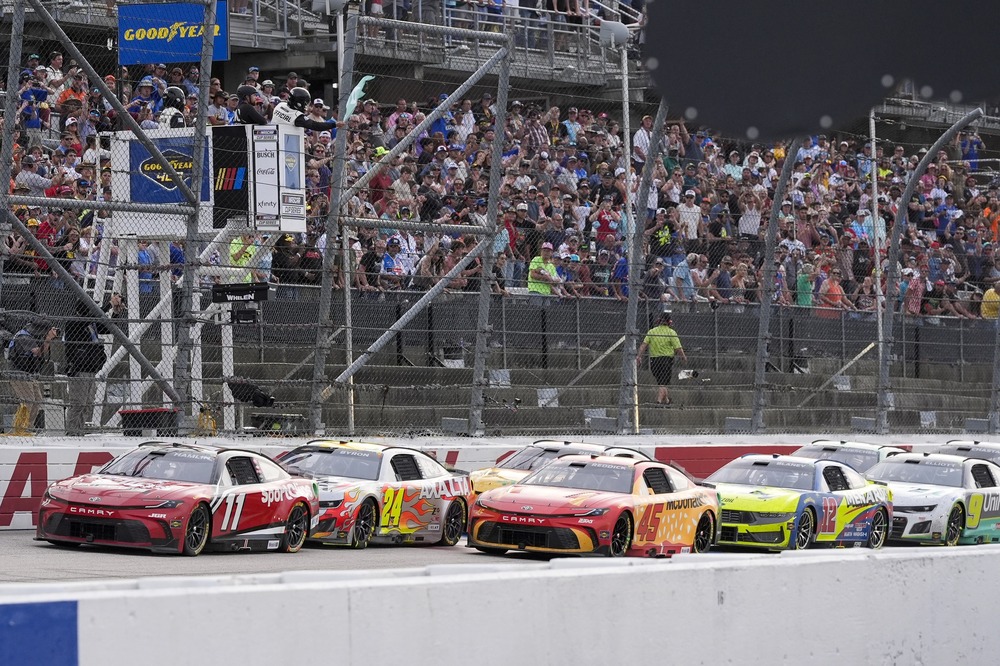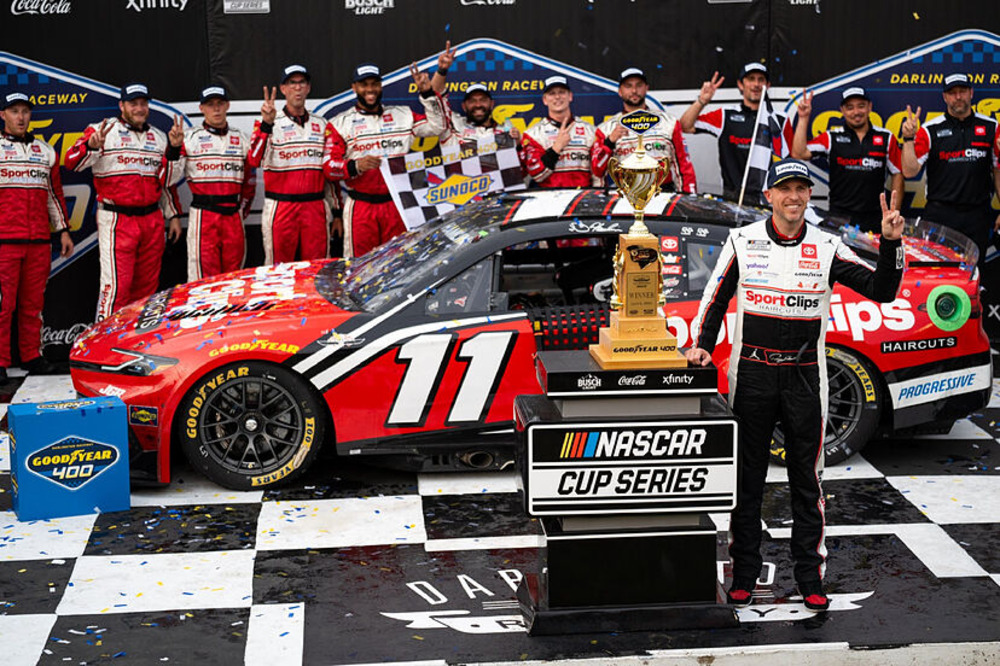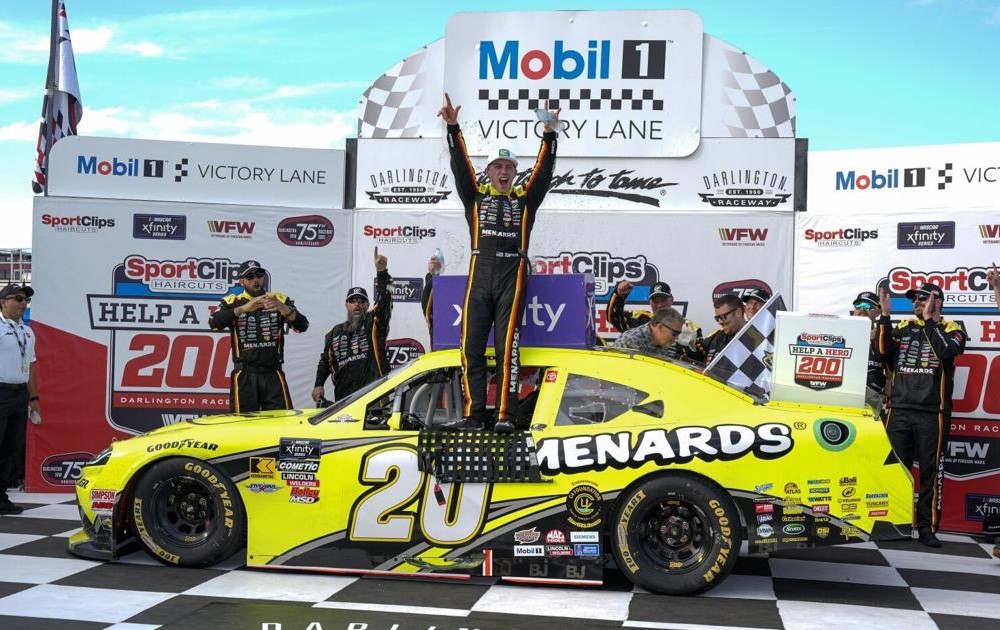NASCAR has announced a series of stringent OEM penalties aimed at curbing race manipulation, holding manufacturers accountable for their actions within the sport.
The move comes in response to controversies that surfaced during the 2024 season particularly the Xfinity 500 race at Martinsville Speedway where allegations of race manipulation cast a shadow over the competition.
The new OEM penalties which will now be a part of regulations signify a determined effort by NASCAR to uphold the integrity of the sport and ensure fair play across all national series.
The changes to the NASCAR rulebook specifically Section 10.5.2.8.A now grant the organization the authority to penalize manufacturers for infractions in the Cup, Xfinity, and Truck Series. This represents a significant shift in accountability, extending beyond teams and drivers to include the OEMs themselves.
The penalties that can be levied against manufacturers include a loss of 25 to 50 manufacturer points in any of the three national series.
Furthermore, teams competing at the highest level could face a reduction of 30 to 60 hours in wind tunnel testing, a loss of 250 to 500 RCFD (restricted computational fluid dynamics) test runs, and a decrease of two to four vehicle tests.
These measures reflect NASCAR’s commitment to preventing OEMs from influencing the outcome of races in a manner that compromises the sport’s integrity.
The decision to implement the OEM penalties was influenced by events at the penultimate Cup Series race of 2024, where manufacturers allegedly instructed drivers and teams to compete in a way that would favor certain competitors in making it to the Championship 4 at Phoenix Raceway.
Ross Chastain and Austin Dillon were accused of blocking the track to ensure William Byron maintained his track position and remained eligible for the Championship 4.
It was also alleged that Bubba Wallace slowed down to allow Christopher Bell, a fellow Toyota driver, to pass him on the final lap after controversial chatter on team radio at Martinsville Speedway.
While NASCAR issued hefty fines totaling $600,000 in response to the incidents, the existing rules did not allow for direct penalties against the manufacturers themselves.
The new regulations aim to address this gap by holding OEMs responsible for their actions and discouraging any attempts to manipulate races. By imposing substantial penalties, NASCAR hopes to deter manufacturers from engaging in practices that undermine the fairness and competitiveness of the sport.
The specific language in Section 10.5.2.8.A of the rulebook states that “NASCAR reserves the right to determine if an OEM has violated the NASCAR rulebook and may impose OEM penalties on the manufacturer or its representatives accordingly.”
The framework provided in the rulebook serves as a guideline for assessing OEM penalties, offering examples of infractions that could result in penalties, although these examples are not exhaustive.
In addition to the new OEM penalties, NASCAR has also introduced a new way for drivers to earn points. Inspired by Formula 1, the “Xfinity Fastest Lap” point will be awarded to the driver and team that record the fastest lap during a race.
This bonus point could prove crucial in determining playoff spots and championships, adding another layer of competition to each race.
The introduction of the “Xfinity Fastest Lap” point is part of NASCAR’s renewed partnership with Comcast.
In addition to the point, teams will also receive a monetary bonus of $30,000 in the Cup Series, $20,000 in the Xfinity Series, and $10,000 in the Truck Series, which they can donate to a charity of their choice.
The 2025 NASCAR Cup Series season is set to kick off with the 67th Daytona 500 on February 16. The race will be available on FOX, MRN Radio, and SiriusXM NASCAR Radio.

